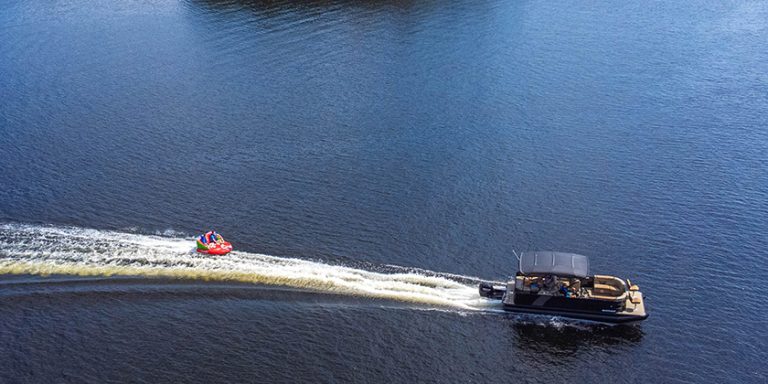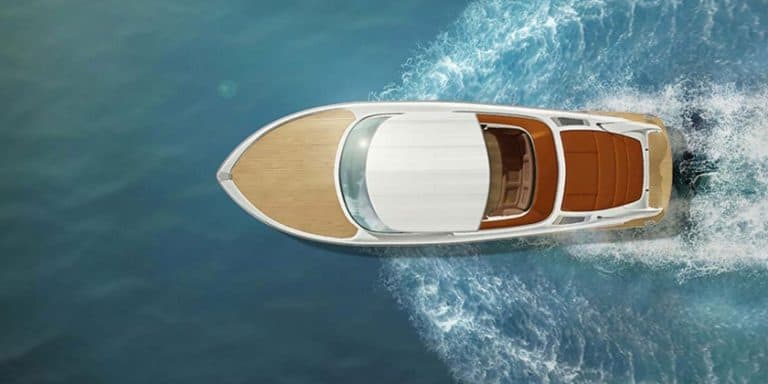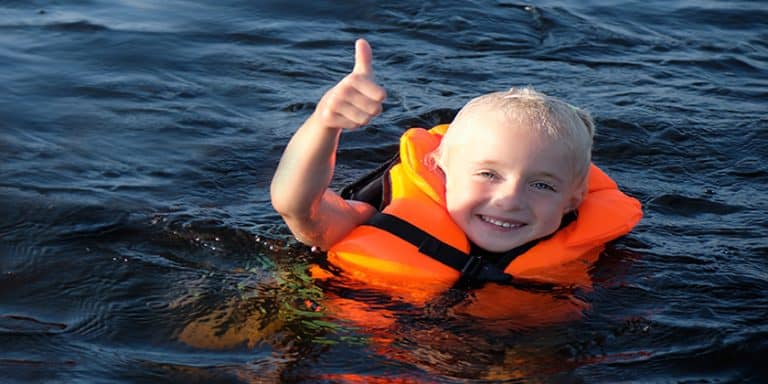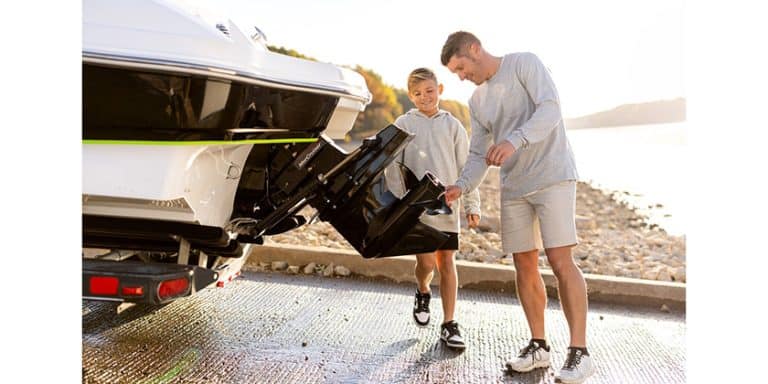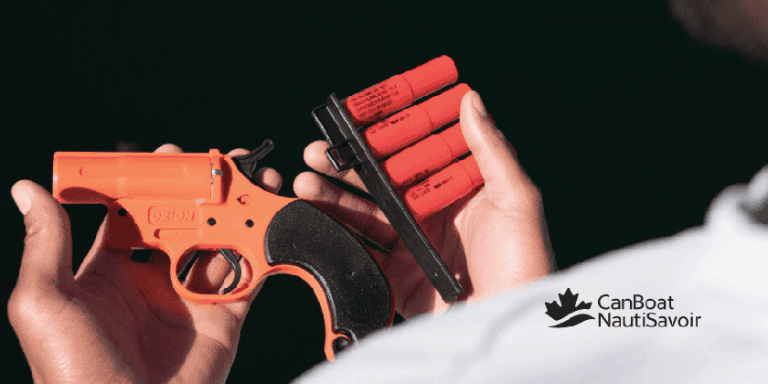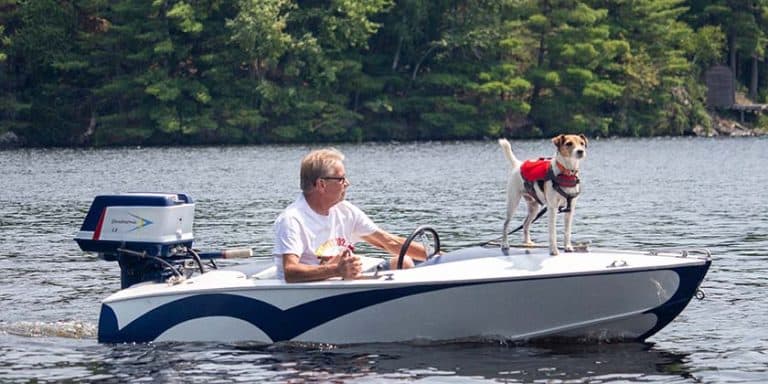Safety: What’s Different About Fall Boating? 3 Tips
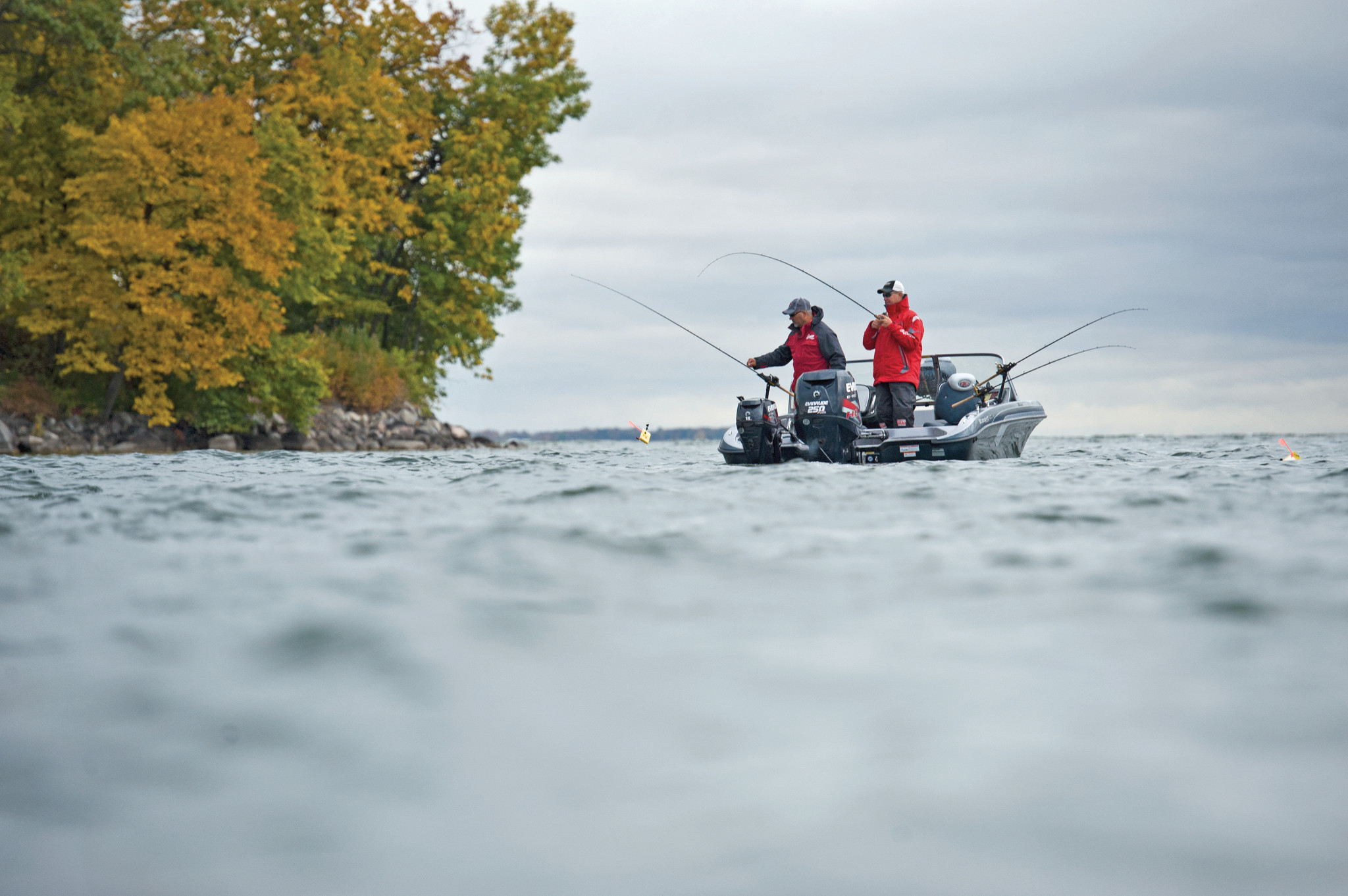
Fall is the time to increase your boating safety precautions – waters have cooled and there are fewer fellow boaters to potentially render assistance
Sept 28, 2023
For some boaters, fall is the best time for boating. Summer’s steamy days have surrendered to more comfortable temperatures, angling improves, and winds are stronger for sailing. It’s also time to embrace extra boating safety efforts for the season and look ahead to how you’re going to store your boat this winter. The nonprofit BoatUS Foundation for Boating Safety and Clean Water has three boating safety tips to consider, as well as some test results on the four main types of winter boat covers.
- Take safety seriously. If you ask the Coast Guard about boating safety and drowning, they’ll tell you that three of every four boaters who drowned in 2022 were using vessels less than 21 feet in length at the time (when boat length was known in the accident statistics). The BoatUS Foundation says that small boats in particular are more susceptible to the effects of stormy weather. Wear a life jacket and file a float plan so someone can raise the alarm if you fail to return. A self-boarding ladder, or even a length of multi-looped rope anchored to a cleat, should be easily grabbable from the water.
- Keep up with maintenance. Like many boaters, enjoying summer boating season was primary. Secondary was toiling over the things that broke, leaked or came apart. Ensuring your vessel remains reliable is important as there are fewer potential good Samaritan boaters – generally your closest rescuers – to provide help, if necessary.
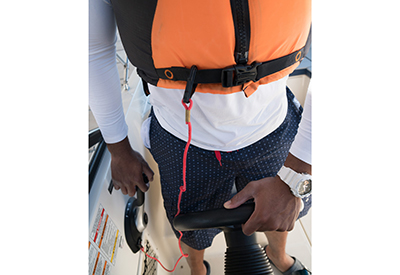
- Use your engine cutoff switch. In the US, engine cut-off switches (ECOS) are required for PWCs. Some states and the U.S. Coast Guard also require ECOS devices for boats. The Coast Guard’s rule requires ECOS wear when aboard vessels less than 26 feet traveling on plane or above displacement speed. It makes sense in Canada too.
The ECOS can be located at the helm of the boat or on the tiller or body of an outboard engine and typically connects to the boat’s operator with a lanyard. Some ECOS devices eliminate the lanyard and rely on wireless proximity devices to shut down an engine if the operator goes overboard. Regardless, an accidental fall overboard could quickly turn dangerous. Make your ECOS your boating friend this fall.
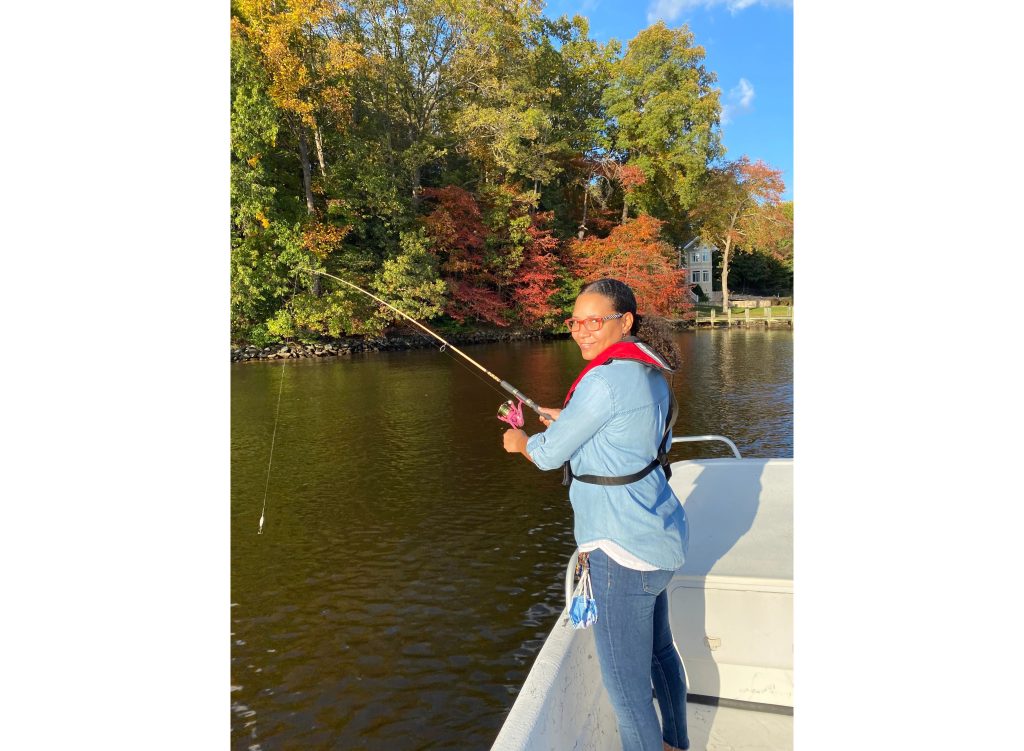
Wearing a life jacket is important for fall fishing and boating. After an accidental overboard in cold waters, it could buy you just enough time to help you safely get back aboard.

